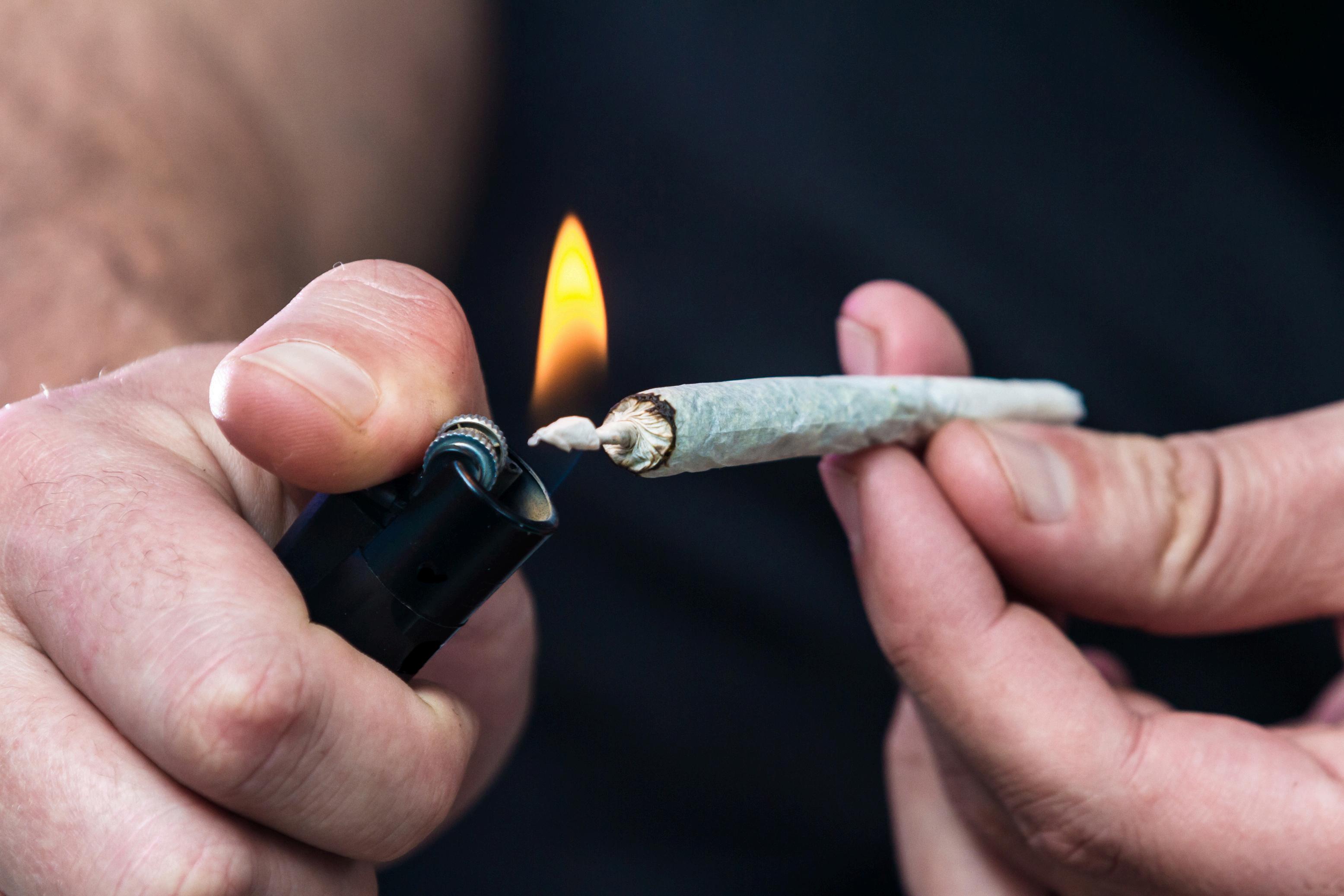
3 minute read
Cannabis & Addiction - Understanding Their Complicated Relationship
The relationship between cannabis and addiction is intricate and filled with varying opinions and research findings. It is essential to delve deep into this topic, weighing both the positive and negative aspects associated with cannabis usage.
Cannabis, also known as marijuana, is praised for its therapeutic effects, which can significantly alleviate physical pain, reduce the severe nausea associated with cancer treatments, and ease the symptoms of neurological disorders. These benefits make cannabis a valuable tool in the medical field. However, the conversation around cannabis does not end with its medicinal properties; there is also a growing concern about its potential for addiction.
Addiction to cannabis, referred to as "cannabis use disorder," differs from the addictions seen with substances like opioids or alcohol. It tends to develop more subtly and can integrate seamlessly into a person's daily routine without the dramatic disruptions often associated with more severe substances. This type of addiction might start with occasional use and gradually become a necessary part of the user’s daily life, sometimes without them even noticing.
There is considerable debate about the addictive nature of cannabis. Some experts argue that THC, the psychoactive component of cannabis, can lead to psychological dependency, creating a powerful urge to use cannabis persistently. On the other hand, some argue that the risk of addiction is relatively low, especially when compared to substances like tobacco or alcohol, which are legal and widely consumed.

The legal status of cannabis significantly influences how its risks and benefits are perceived. In regions where cannabis is legal, there might be less emphasis on its potential for addiction, possibly leading to more widespread use without adequate understanding of the risks. Conversely, in areas where cannabis remains illegal, the focus might be more on its potential harms, including addiction, often used as a justification for its prohibition.
The understanding of cannabis and its effects is still evolving. Research into its long-term impacts is ongoing, and there is much to learn about how it affects different individuals. This relationship is not merely about whether cannabis is good or bad, but about understanding a complex array of biological, psychological, and social factors that influence its use and effects.
The discourse surrounding cannabis and addiction must move beyond simple binaries to embrace the complexities involved. As societal attitudes towards cannabis continue to shift, and as more regions consider legalization, it becomes increasingly important to foster an informed dialogue that balances the recognition of cannabis's medical benefits with a clear understanding of its potential risks.
This balanced approach will help ensure that decisions about cannabis use are made with comprehensive knowledge and understanding, contributing to healthier communities and more effective medical practices. By continuing to research and discuss these issues, we can better navigate the nuanced landscape of cannabis use and its implications for health and society.









